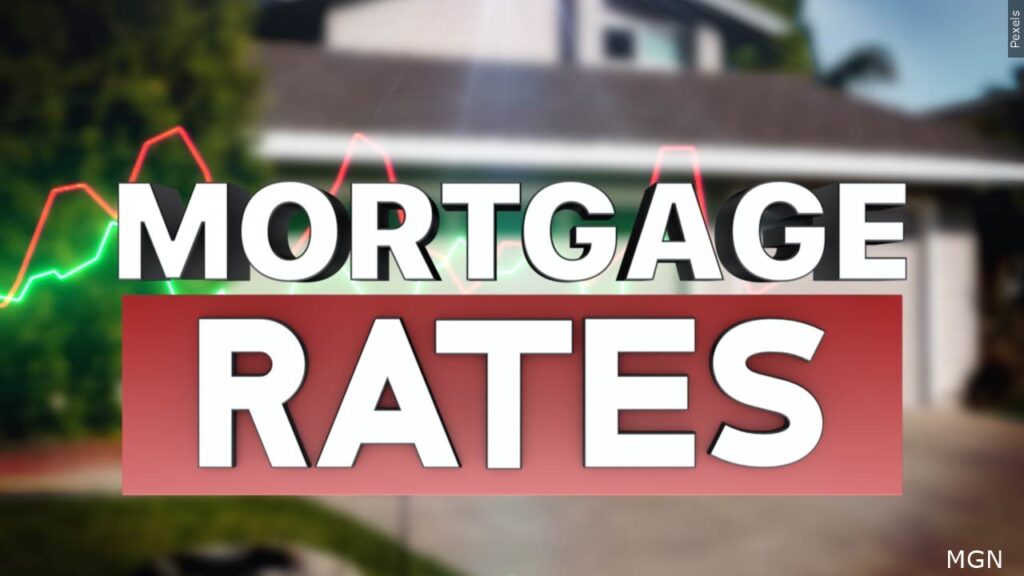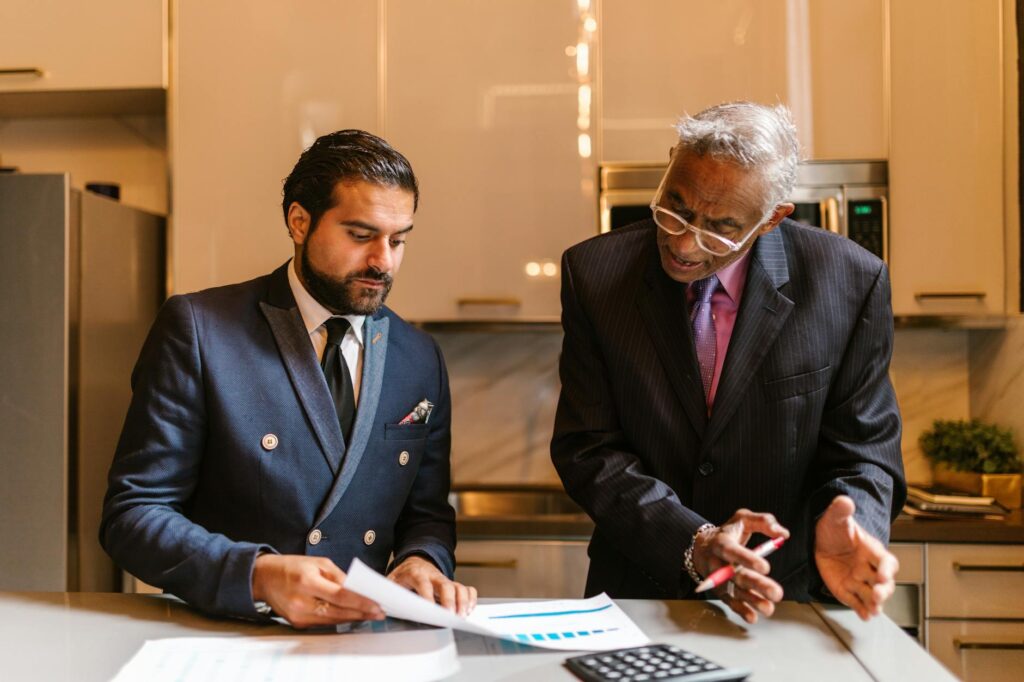Finding the right financial advisor can feel like searching for a needle in a haystack. But it doesn’t have to be overwhelming! This guide will help you navigate the process of finding a good financial advisor near you, ensuring you make informed decisions about your financial future.
Defining Your Needs
Before you start your search, take some time for self-reflection. What are your financial goals? Are you saving for retirement, planning for a major purchase, or managing investments? Understanding your specific needs will help you identify advisors with the relevant expertise. Consider your risk tolerance and investment timeline as well. 
Using Online Resources
The internet is a powerful tool! Several websites help connect you with financial advisors in your area. Sites like the National Association of Personal Financial Advisors or the Certified Financial Planner Board of Standards offer directories and resources to find qualified professionals. You can also leverage online review platforms to read client testimonials and get a sense of an advisor’s reputation.
Checking Credentials and Certifications
Not all financial advisors are created equal. Look for advisors with relevant certifications such as Certified Financial Planner (CFP) or Chartered Financial Analyst (CFA). These certifications indicate a commitment to professional standards and ongoing education. You can verify credentials through the relevant professional bodies. It’s also important to check their background and experience. Learn more about advisor credentials here.
Considering Fees and Services
Financial advisors use different fee structures. Some charge an hourly rate, others a percentage of assets under management (AUM), while others may have a flat fee. Understanding how an advisor charges will help you budget for their services and ensure transparency. Also, clarify the range of services offered, ensuring they align with your requirements. [IMAGE_2_HERE]
Scheduling Consultations
Once you’ve narrowed down your choices, schedule consultations with a few potential advisors. This is your chance to ask questions, discuss your financial goals, and assess their compatibility with your personality and communication style. Don’t hesitate to ask about their investment philosophy, their experience with clients similar to you, and their process for ongoing communication and review. Preparing for your consultation will help you maximize the meeting.
Background Checks and References
Thoroughly vet any potential advisor before making a commitment. Check for any disciplinary actions or complaints filed against them with regulatory bodies. It’s always helpful to ask for client references to get first-hand perspectives on their experience.
Building a Long-Term Relationship
Finding a good financial advisor is about more than just short-term gains. You’re establishing a long-term relationship based on trust and shared goals. Choose an advisor who is responsive, communicative, and dedicated to your financial success. Regular reviews are essential, so make sure this is part of their service offerings. [IMAGE_3_HERE]
Reviewing and Adjusting
Your financial needs and circumstances will change over time. It’s important to schedule regular meetings with your advisor to review your progress, adjust your strategy as needed, and ensure that your portfolio remains aligned with your long-term objectives. Remember that open communication is key to a successful financial partnership. Find out more about financial planning.
In conclusion, finding the right financial advisor requires careful consideration and due diligence. By following these steps, you can increase your chances of finding a professional who can guide you towards achieving your financial aspirations. Remember to utilize available online resources and don’t hesitate to seek second opinions. Seeking advice from a trusted friend or family member can also be valuable. The SEC website offers further guidance on choosing a financial advisor.
Frequently Asked Questions
What qualifications should I look for in a financial advisor? Look for certifications like CFP or CFA, and verify their credentials with the relevant professional bodies. Experience and a good track record are also important.
How much does a financial advisor typically cost? Fees vary greatly depending on the advisor’s structure. Some charge hourly rates, others a percentage of assets, or flat fees. It’s important to clarify their fee structure upfront.
How often should I meet with my financial advisor? The frequency of meetings depends on your individual needs and circumstances. Quarterly or annual reviews are common, but more frequent meetings may be necessary depending on market volatility or major life changes.
What questions should I ask a potential advisor? Ask about their investment philosophy, experience, fee structure, services offered, and client references. It’s also wise to gauge your comfort level with their communication style and overall approach.
Can I change financial advisors? Yes, you can change financial advisors at any time. However, carefully consider any implications for your existing investments and accounts before making a switch. This article offers additional insights.



